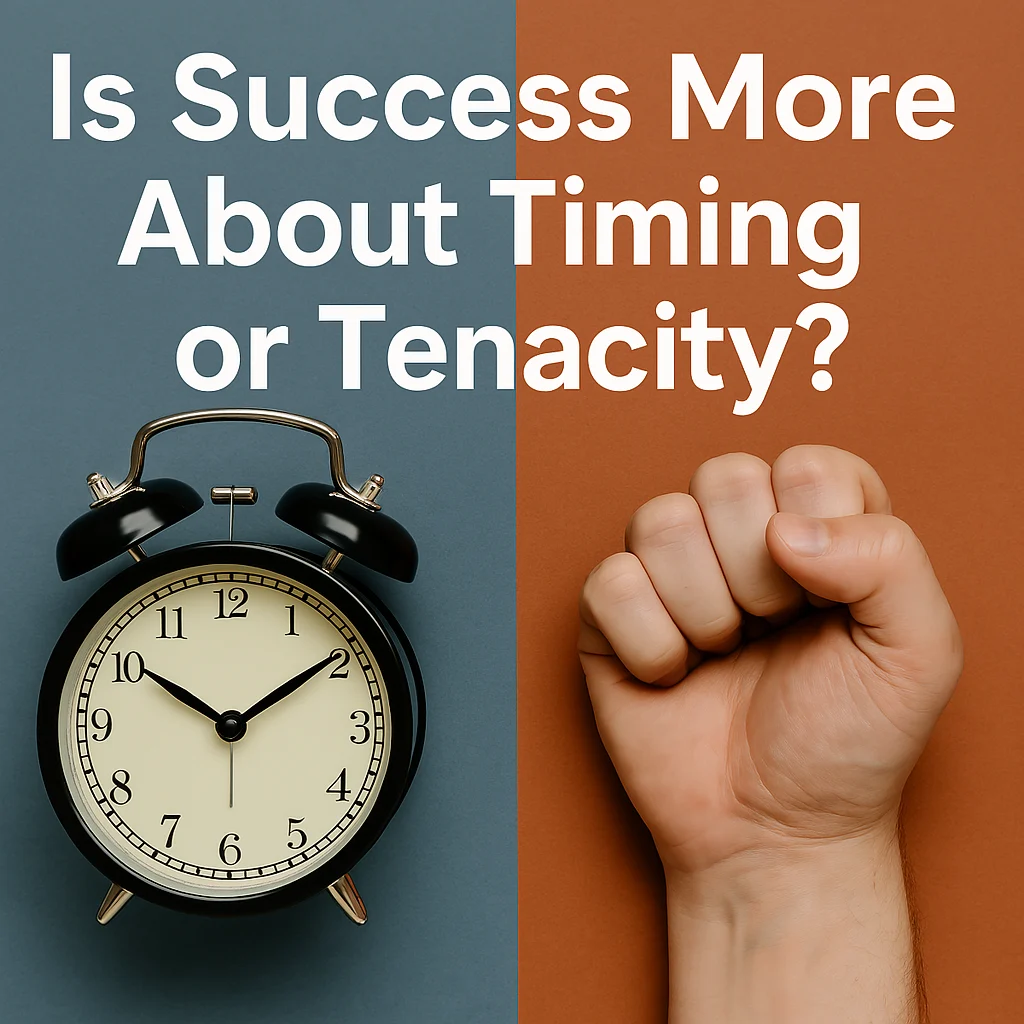Malcolm Gladwell’s Outliers surprised me. I went in expecting a narrative about how ordinary people achieve extraordinary success through grit and determination alone. Instead, Gladwell compellingly argues that extraordinary success, or becoming an “outlier,” is often significantly influenced by external factors such as timing, cultural background, economic circumstances, and geographic location.
Gladwell uses Bill Gates as a prime example, noting how Gates’ birth year (1955), proximity to technological innovation, and access to early computing resources provided him with unique advantages. While I appreciate and agree with the idea that context and timing play pivotal roles—clearly, being born in a specific time and place can significantly impact one’s opportunities—there’s more to the story.
Thousands of others shared Gates’ context. Many were born around the same time and had similar geographic advantages, yet only a few achieved extraordinary success. This suggests that personal traits like intellect, ambition, and determination remain essential. Context may create opportunities, but it doesn’t guarantee success.
I believe Gladwell aims to debunk the myth of innate genius by emphasizing external influences, which is helpful in challenging elitist perspectives on success. However, I’d expand the discussion by integrating insights from James Clear’s Atomic Habits. Clear argues that the most successful individuals identify a niche where they possess unique advantages—like Michael Phelps’ physique optimized for swimming—and deeply commit to mastering their craft. For every LeBron James, numerous equally talented individuals never reached their potential because they lacked commitment or a favorable context that nurtured their development.
Gladwell might counter this by highlighting specific contextual advantages LeBron James had, such as family or neighborhood support systems encouraging relentless effort. But for practical mentoring, emphasizing context alone provides limited guidance. It’s fascinating academically but doesn’t give actionable advice to individuals striving for success today.
Therefore, rather than dwelling solely on uncontrollable contexts like birth year or birthplace, the best approach for mentors is to help others identify areas where their unique interests and advantages intersect. Encouraging disciplined habits in these areas leads directly to maximizing whatever hand was dealt. In short, understanding why I’m not Bill Gates may be intriguing, but recognizing my passions and strengths—and consistently developing them—is what genuinely moves the needle.





